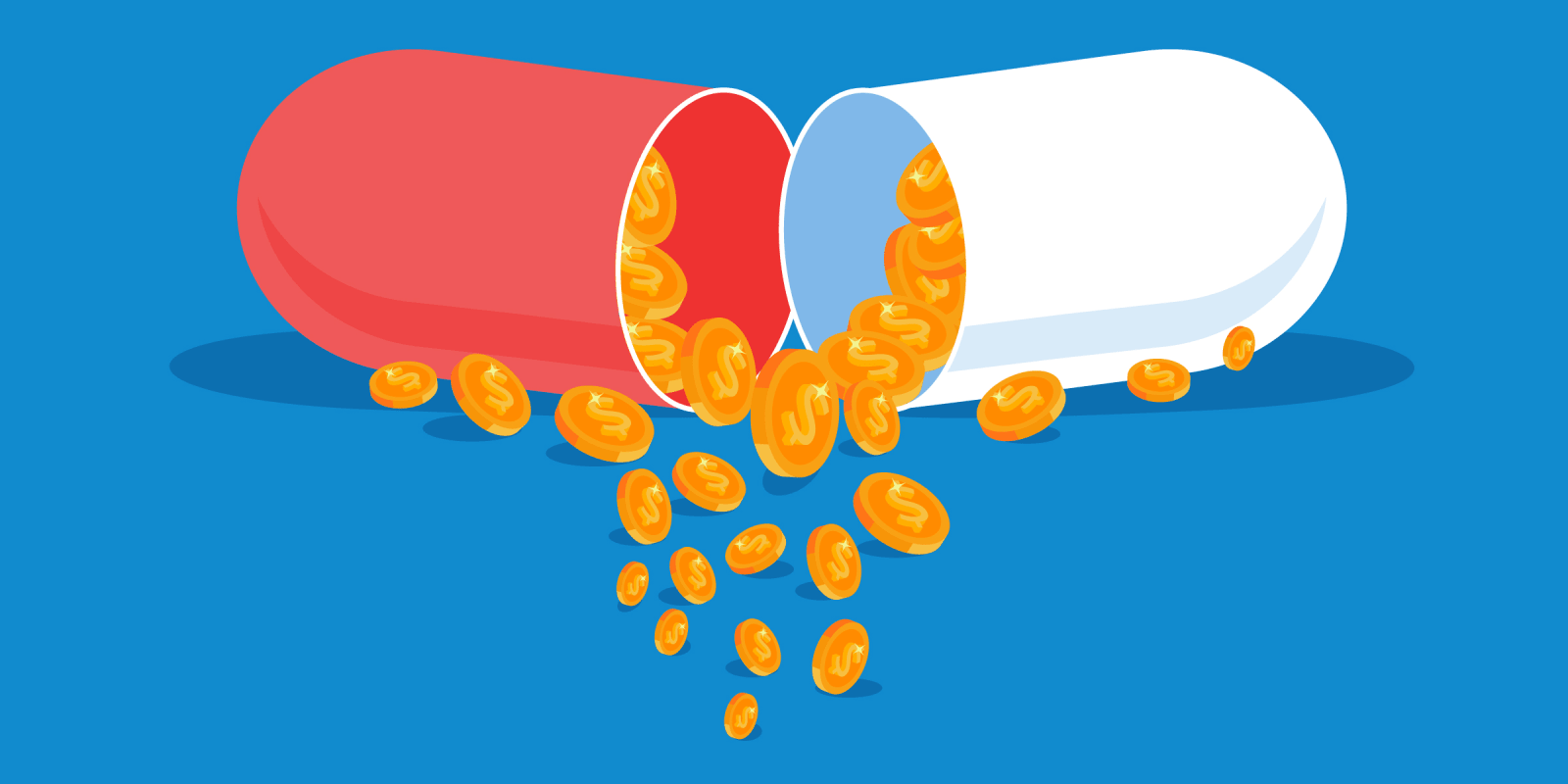Every year, one of the most attended sessions at the American Society of Nephrology Kidney Week conference is the "High Impact Clinical Trials.” Knowing the challenges of conducting a dietary trial, many of us this year were looking forward to the results of the Five Plus Nuts and Beans for Kidneys randomized clinical trial.
Hypertension and chronic kidney disease (CKD) are more prevalent among Black Americans than in any other groups, and both are important established risk factors for cardiovascular disease. The benefits of controlling hypertension with pharmacological therapy and dietary interventions are well known. In particular, the Dietary Approaches to Stop Hypertension, also known as the DASH diet, which is rich in vegetables, fruits, and low-fat dairy products, has been associated with improved cardiovascular and kidney outcomes. This carries additional relevance as suboptimal dietary patterns have been hypothesized to contribute to these health disparities in low-income neighborhoods owing to knowledge gaps and limited access to fresh food (food deserts).
Five Plus Nuts and Beans for Kidneys aimed to determine the impact of nutritional advice and a food allowance for African American Adults with hypertension and CKD in low-income neighborhoods. During months 1-4 of the study, one study arm received a weekly allowance of $30 to purchase food of their choice from a local grocer but with minimal study guidance. Simultaneously, a study coach provided dietary advice and assistance to the second arm in purchasing high-potassium foods for $30/week. From months 5-12, neither study arm received a food allowance, but telephonic visits and dietary advice from the coach were provided to the second arm.
The study participants included early stages of CKD (G1-G3) with a mean estimated glomerular filtration rate (eGFR) of 75 mL/min/1.73m2. Furthermore, approximately 70% of patients were on renin-angiotensin receptor blockers. In addition to urine electrolyte measurements (potassium and sodium), a food questionnaire was used to confirm that the diet was potassium-rich. The four-month outcomes showed that the arm with coaching, along with food subsidy, improved the quality of their diets and reduced albuminuria significantly among those with urine albumin creatinine ratio greater than 300 mg/g at baseline. Furthermore, in the overall study population, a reduction in urine albumin creatinine ratio by 28.6%, systolic blood pressure by 1.4 mmHg, and diastolic blood pressure by 2.1 mmHg were observed, although these findings were not statistically significant.
This study is one of very few lifestyle behavioral interventions for early CKD stages, focusing on socially disadvantaged populations at high risk of CKD progression. In addition, it demonstrates the ability to recruit and retain participants in dietary modifications and distinguishes between the impact of food subsidy alone and healthy food provision with coaching, with the latter showing a welcome improvement in blood pressure and albuminuria. Notably, the self-directed-DASH group probably received more than usual care which is one of the significant limitations of this trial. Further, the study used urine albumin creatinine ratio as a surrogate marker for CKD progression; this is understandable since a decline in eGFR will not be apparent in this short-term study.
Further, this study showed us that incorporating potassium-rich foods into the diet is possible among families in low-income neighborhoods and can be facilitated through directed guidance. Long-term maintenance of these healthy habits may be a challenge, particularly when social barriers limit their ability to access good quality food. In order to help patients navigate food deserts and maintain healthy habits, dietary coaches play a vital role, and having them on a consistent long term basis may be more difficult in real life. However, the study proved its point and highlights that future dietary interventions should incorporate coaching, health education, and healthy food provision to address kidney health inequities. The results of this study are important in helping us inform and advocate for health and social policy changes, although larger and national trials are needed to confirm and understand further barriers to implementation.
Dr. Cervantes, Dr. Hanouneh, and Dr. Jaar have no conflicts of interest to report.
Image by wan wei / Shutterstock






